Jia Zhangke's "The Old Man in Mountains and Rivers" is not perfect, but it is still beautiful.
Although Jia Zhangke has been seeking change steadily for many years, he has been paying attention to how people's emotions follow the ups and downs of the world, and seeking breakthroughs in artistic techniques, but not everyone is satisfied.
The stability of "Old People in Mountains and Rivers" is still homesickness, but the point of change is to broaden the narrative span to 2025. I anticipate the future and miss today.
"Old People in Mountains and Rivers" also touched a kind of pain. A kind of that I don't usually think about it, and when I say it, I feel sad and sad.

Expression of nostalgia
First of all, I have to admit that "The Old Man of Mountains and Rivers" is the most pleasing work I have seen recently.
Jia Zhangke has a deep sense of the rapid changes in society and the lack of people in them.
The story is not complicated, the picture is beautiful but not dazzling; I don't think the emotions of the people in the play are very deep, and I have to rely on old songs to drive infection. The story structure has the characteristics of the past, present and future trilogy, but the way of echoing each other is not a big surprise.
But as a whole, "The Old Man of Mountains and Rivers" presents a very common and familiar story, but it also touches a very strong sense of strangeness in the no strange place. The sense of strangeness is closely tied to a very common and familiar story. Very strange place-modern China.

Even so focusing on personal emotions, Jia Zhangke brought "The Old Man of Mountains and Rivers" out of his hometown of Fenyang County. He observes the society as always, At the same time, Jia Kezhang should begin to behave towards the Chinese people. My material life has improved, emotional conflicts have become more intense at the same time, and young people living abroad have gradually weakened blood and cultural identity. began to feel anxious.
Therefore, "The Old Man of Mountains and Rivers" is the work of Jia Zhangke with the largest ideological span.

This is a movie about feelings and time.
The movie tells the story of two generations: the generation who grew up and got married in the 1990s, and their next generation.
Judging from these two themes, in the past, Jia Zhangke’s feature films often focused on the current social power and economic conflict and deprivation. But in "Old People in Mountains and Rivers", Jia Zhangke moves toward the love between parents and children, the love between husband and wife, and the love of friends in his personal worldview.
Compared with the past, these emotional conflicts are depicted emotionally, but at the end of all these conflicts and the beginning of everything, it is the sound of sea waves and seagulls that appear on the coast of Western Australia, mixed with the 99-year disco The classic "Go West" in the ballroom. The different life experiences of the two generations are fused together, like a potential memory passed down in the same vein, echoing in the brain, bringing out the feeling of the old age like a bird fluttering in the distance.

Regarding the song "Go West", Jia Zhangke said, "West is not important, the important thing is Go, go forward."
1999 The vision of young people in their 20s who are entering the new century is a stimulating motivation.
"Go West" is the product of the discotheque, and it is the shared memory of young people in that era full of blood and passion.
This Cantonese song from Hong Kong red to the countryside of Shanxi, China, even if the listener does not understand the lyrics, but its melody and the memory of a particular era represented by him are the same topography to shape the collective memory of peers .
Pop songs and memory points are the movie symbol that Jia Kezhang is good at. However, in "Old Friends of Mountains and Rivers", the influence of popular songs on the people in the play, is the common memory across times and generations. The melody and lyrics are still hidden deep in the brain or stored in the mobile phone or tape memorial.

And the image of a young man carrying a knife on the road is also a highlight of the film.
The image of this young man has a better understanding of how I watch Jia Zhangke's movies, so I will say more.
This young man in sportswear with a sword is an unignorable character in the film, and there are many discussions about the image represented by this young man. But for Jia Zhangke, he is just an ordinary passerby, because there have been children like this on the road, and he feels that it is very hard for him to come out and venture into the world at such a young age.
and decided to put this image in the movie, and this is the "ordinary everyday" expression that Jia Zhangke's film values.
Perhaps too often, we will see a special person on the road in our daily life, care about a few seconds, or share this anecdote later, without paying special attention to it; however, in the movie screen, the street scene comes out A particularly eye-catching person has become a hot topic of discussion, giving him a new position and importance. But in Jia Dao's mind, is an ordinary person, an ordinary passerby, who will also experience growth and separation of life and death. Jia Zhangke chose to use him to bring out the changes in life experience .

For the audience, this eye-catching teenager is a special stranger in life.
Seeing him on the road will be astonished as a flash of fire, but this memory may only last for one day.
But the important point is that this stranger’s life experience continues at the same time as me, and it’s not because he is so special and not human, or doesn’t exist at all before passing through "I". After passing by "I", it disappeared.
This is a continuous and objective issue.
Life is a timeline, and society is composed of individual timeline networks. Even if it is special or ordinary, it is ultimately a person's time change.

Classic three-stage narrative method
贾樟柯 Said:
"About making a movie, it was not planned, it is not Imagining what the market needs is not thinking about what kind of story can be awarded. It is a need in your heart. It is the moment you feel that you need to write something and make a movie. It’s that simple.”
"The Old Man of Mountains and Rivers" is divided into three parts with time as the scale.
Through the screen 4:3, 16:9, and 2.35:1 ratio switching, three plots of different time and environment are set up, talking about the tidal waves of class, emotion, and gathering and dispersion flowing in time. .
In the past, present, and future, everyone can only walk with you for a while, and sooner or later they will be separated.
In 1999, the picture used 4:3, which is indeed a very nostalgic ratio;
In 2014, the picture was drawn to the 1.85:1 ratio that is common in theaters. It is also a full picture when viewed at the light spot Huashan. Indicates the current era;
In 2025, the screen will be enlarged to 2.39:1, the times are progressing, and the screen is getting wider and wider.
......

In Wang Jiawei’s "The True Story of A Fei", one minute is eternal existence-because of that minute, Su Lizhen and Xu Zai walked into the cycle of being unable to look back and indulged, which became their own ties in their lives.
If one minute can be so unforgettable, then what is the concept of thirty years?
Thirty years, the days are too long. One minute of Wang Jiawei is unchanging and eternal, but the thirty years in Jia Zhangke's "The Old Man of Mountains and Rivers" is fluid and fragile at the same time. The film is divided into three paragraphs, from the past 1999, the current 2014, and the future 2025, almost thirty years, it has written all the stories of a family.High and low and loss.
From longing to melancholy, from searching to losing, from possessing to losing, from young girls to young women to half a hundred women, a quarter-century of separation and gathering...Shen Tao’s view The thoughts and feelings, the vicissitudes of the years, the experience of life, the changes, and the unchanged, left a clear mark under that span of time and space.

But some things cannot be destroyed by time.
The English title of "Mountains May Depart" is "Mountains May Depart" , which reminds people of "Mountains without mausoleums, heaven and earth unite". This artistic conception is very interesting with the Chinese title.
According to Jia Dao’s consistent metaphor and critical style, this film is flat and introverted, with a few soft brushstrokes and gentle phrasing. It is a delicate and unassuming writing of pursuit and acceptance in reality.
In the various life states in Jingqian after the dispersal, mountains and rivers should be an unchanging environmental background. We are each other's old friends, and the mountains and rivers in the play can be human emotions or years, changing reality and reality It feels like being shifted from time to time, occupying different proportions of the weight of each other's lives.
The stories from 1999 to 2025 have been written for most of Shen Tao's life, but the sun and the moon of Jinsheng, Liangzi, and Dao Le are unobtrusively reflected. There are no more than a few lines about wine. Time has passed for half a lifetime, once the wind and rain are gone, I hope each other shines brightly.

Actually to me, "The Old Man of Mountains and Rivers" is not a particularly prominent work by Jia Zhangke.
Although the picture and the overall mood are not immediately moved to me, and even a bit boring, it takes a little more time to chew the family affection and "sentimentality" that Jia Zhangke wants to show.
But at least, "The Old Man of Mountains and Rivers" can still capture the status and influence of popular music in Jia Zhangke's movies , and it is also the place that I was deeply attracted by Jia Zhangke's feature film.

Chinese memories of the previous and next generations
Many times, we expect forever, but reality cannot accommodate this desire.
A monologue of Shen Tao (Zhao Tao) in the movie:
"Everyone can only walk with you for a while, and sooner or later they will separate."
This tells the truth. There is no such thing as eternity here-when she chose Zhang Jinsheng (Zhang Translated), Liang Zi (Liang Jingdong) chose to leave; she had a sweet date with Zhang Jinsheng, married and had children, but couldn't make it to the end. She also had a relationship with her son Zhang Daole (Dong Zijian). The marriage failed and was forced to separate the two places.
The scene always repeats parting, moving, breaking up, and passing away. No one can be spared, and everything is so taken for granted.

It is difficult to go back to the embrace of "mother". In an interview, Director Jia once said that in the past few years he has seen too many people leave their homeland in China, some have settled down, and some missed their hometown, which made him feel shocked and sentimental.
Why did you leave your mother, not learn Chinese, or go back to China? In the film, Dao Le communicates with his father through the teacher's translation, doing everything in a subtle and humorous manner.
At that time, the father Jin Sheng, who represented the roots of China, spoke a Chinese dialect, held a gun, and pressured to communicate with Da Le, but he could not get his son Da Le’s submission, so he could only get a Google translation. : "He wants freedom ."
This sense of sight seems to be the daily life of the Chinese.
In addition, the gap between the rich and the poor between Liangzi and Jinsheng, the right marriage choice, is also a daily life that as Chinese children cannot get rid of, forcing people to choose the way back.

So the mother was there, holding the memories of the reunion of the past, jumping umbrella songs, and never seeing the child again.

The reality is incomplete, and parting is normal. However, in the face of parting, everyone handles it differently.
The most profound difference between Shen Tao and her son is that she learned from the dialogue between her son and stepmother that her son is going to immigrate to Australia. When will we meet again seems to be unknown, but from the later stage, we will know that there will be no more. Such next time.
于是, On the way from Shanxi to Shanghai, she gave up planes and high-speed trains instead of trains. During a train journey, she took her son to the station where her father-in-law passed away. In the carriage, I shared a favorite Cantonese song with my son. She prolonged the time spent with her son, and desperately kept few memories.
And this memory may be forgotten by Zhang Daole, but for Shen Tao, this memory is enough for a lifetime.

Many things are diluted by time, so forgetting and being forgotten are so common in the play.
However, Zhang Aijia said: "Not everything will be destroyed by time."
In 2025, he left Shanxi, left China, and was in Australia—that was Zhang Jinsheng and Zhang Dao. A place of happy life.
Zhang Daole speaks fluent English, but he goes to Chinese class;
He forgot to bring the house key, but the key to Shen Tao’s house hangs on his neck—one he doesn’t Familiar but cherished memories and places.

The family’s regret left a deep mark on this young man, so he would rather say that he is a test-tube baby without a mother, and even finally takes the role of Zhang Aijia , Described the young man's loss and the miss of his mother vividly.
To a certain extent, Zhang Aijia's Chinese memory attracted him, and it also induced the consciousness in his brain to gradually become the memory he was finally willing to face.
At the end of the movie, there is a trace of longing and a slight sense of distance, which is a feeling of old people.

The family of Shen Tao and Zhang Jinsheng, or just like many Chinese families.
In thirty years, many of them have risen in accordance with the pace of great powers. Zhang Jinsheng became a capitalist, and Shen Tao changed from a teacher to a petrol station boss. She who used to chant when she saw a private car now owns a more gorgeous car. These people inherited the economic take-off, seized the opportunity and climbed to another class. However, no one has a better life because of these economic benefits. On the contrary, there are more and more people in broken families.
Mountains and rivers will change, so people will leave. This is the law and life.
"The Old Man of Mountains and Rivers" speaks of this inescapable emptiness. They can't let go, and at the same time they can't hold on.

Thirty Years of Leap
Because of this, when leaving the scene, what lingers in my mind is a song that spans three paragraphs, that one by Ye Qianwen "Treasure", and the deep regret that has been repeated in the three stories.
When a son who has forgotten his mother tongue hears a Cantonese song that he has heard before, even if he does not understand the lyrics, the meaning of this song is the memory of coming home with his mother that year.
However, apart from regrets, in the time and memory that could not be grasped, the director still affirmed a little-the warmth and affection that he once had are retained, just like a line in "A Fei's True Story" , "Remember, always remember."
One minute is like this, and the same is true for thirty years.

The future time and space of the third paragraph of "The Old Man of Mountains and Rivers" is actually Jia Zhangke's innovation.
Son Zhang Daole has immigrated to Australia for many years, and the gap is deepening. Dole's nostalgia for his mother is projected on the Chinese teacher and he becomes a lover. Some viewers are uneasy about the plot of this "Oedipus complex", but it is one of the functions of modern art to impact the audience's established perception, so "year-old love" does not seem to be the focus.
The problem may appear in the actor: the focus is on human emotions, and the actor is its carrier.
The heroine Zhao Tao competently interprets the emotions of the role in the first two paragraphs.
But in the third part, Dong Zijian, who plays the son, is carefully squeezing the role, but the axe is quite obvious, but Zhang Aijia, who is acting against him, is a pure and natural acting method. The three acting skills are not coordinated, causing interference and making the film's flaws more conspicuous.

Fortunately, Director Jia finally pulled the camera back to Zhao Tao, and filmed her dancing alone in the snow with her old makeup, replenishing a sense of harmony in the structure and saving the whole play. Perhaps it is not Daole who favors her, but Jia Zhangke himself.
The last shot is a love letter from Jia Zhangke to Zhao Tao-when you are old, I still love to watch you dance.

Just as the Hong Kong Cantonese female singer in the film sang: "Who is on the Gold Coast, who is on the other side of the beacon".
The most moving thing in the movie is not the smooth and perfect life on the Gold Coast, but the return to Fenyang.
The deceased has gone, but the mountains and rivers are still...




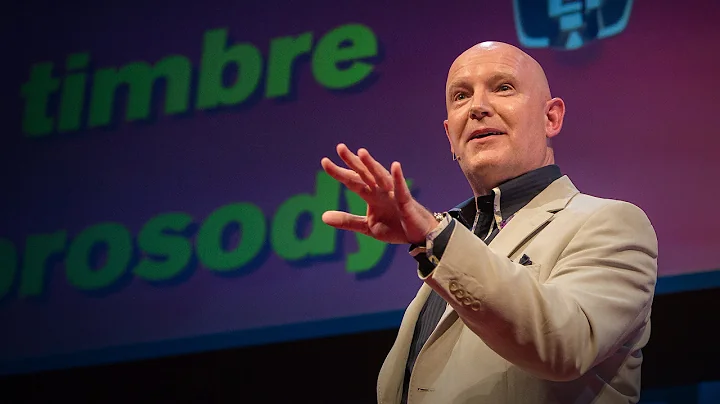
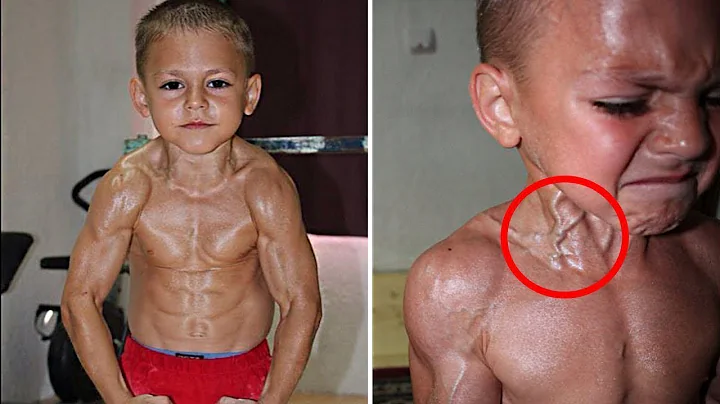
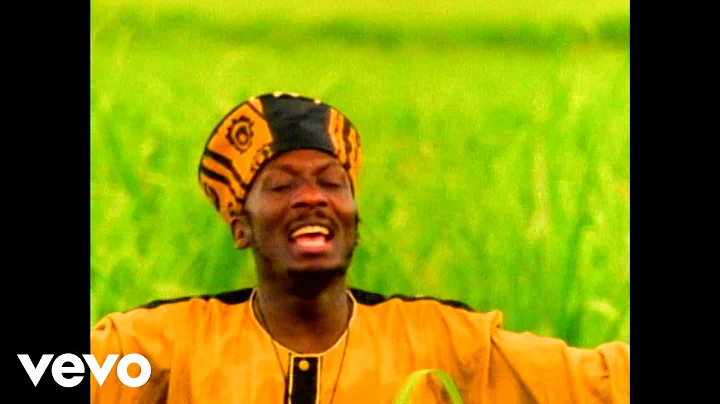
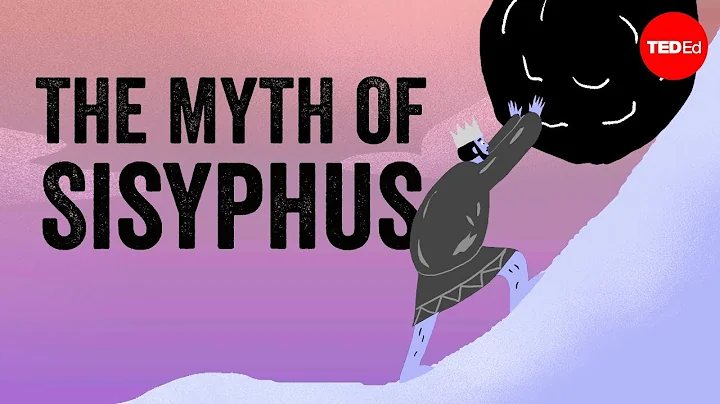
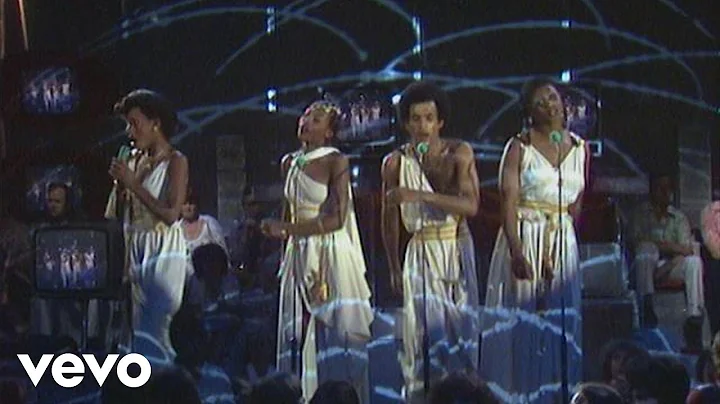

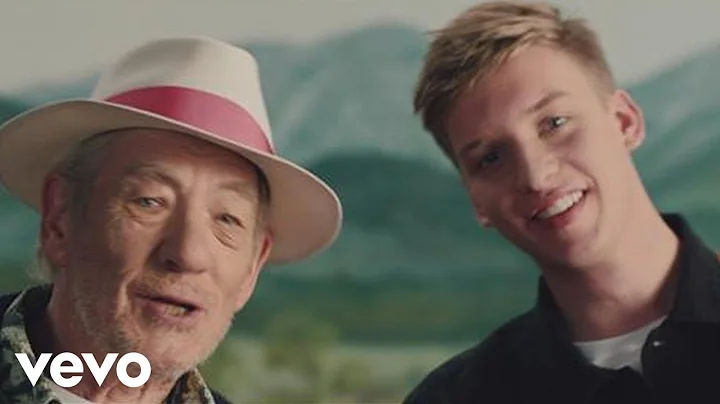




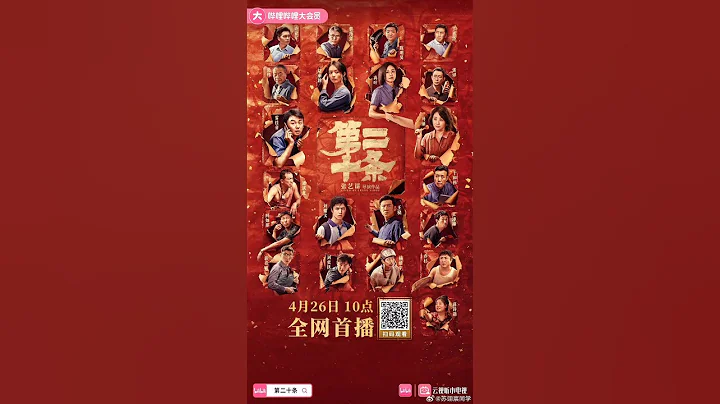


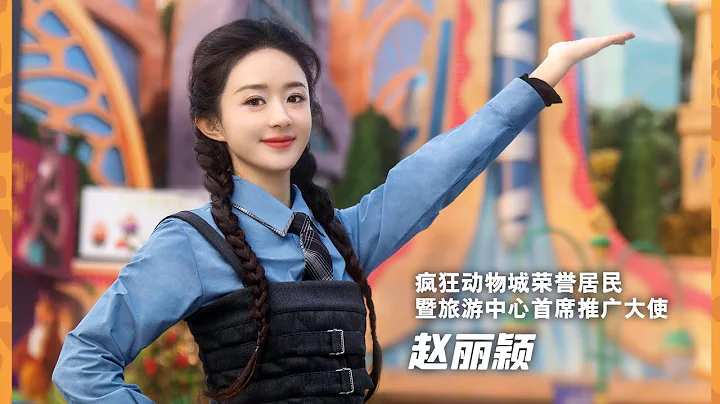
![[Eng Sub] #zhaoliying won best actress in Asian Academy Creative Awards 2023 - DayDayNews](https://i.ytimg.com/vi/fhsENi29fmc/hq720.jpg?sqp=-oaymwE2CNAFEJQDSFXyq4qpAygIARUAAIhCGAFwAcABBvABAfgB_gmAAtAFigIMCAAQARgTIEgofzAP&rs=AOn4CLBu-S2T8ot3Eh3SRIZ7QnEyPJeuPA)
![[Eng Sub] #zhaoliying's new reality show "The long-awaited holiday" - DayDayNews](https://i.ytimg.com/vi/okJ4sTUqvJU/hqdefault.jpg?sqp=-oaymwEcCOADEI4CSFXyq4qpAw4IARUAAIhCGAFwAcABBg==&rs=AOn4CLAvrUCqJkpOVl66rOw1B9I_faKflA)
